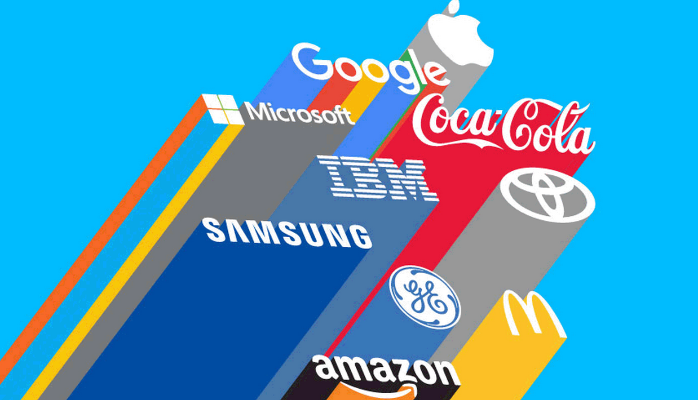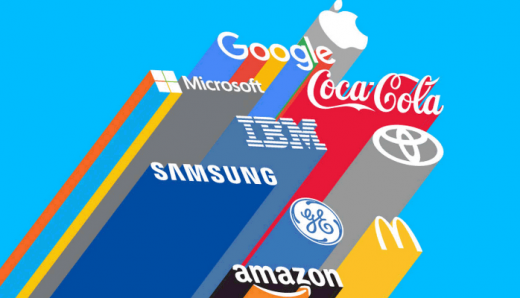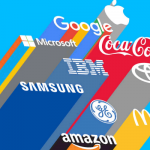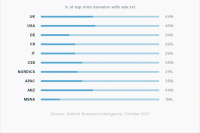Why Tech Giants Like Google and Amazon Are Spending Big On TV Ads
Why Tech Giants Like Google and Amazon Are Spending Big On TV Ads
by Jeri Smith , Columnist, August 21, 2017
In recent months, industry pundits sat up and took notice when online advertising giant Google started doubling down on its TV advertising investment. The tech company more than doubled its TV ad spend during the 2016 holiday quarter, laying out $109.8 million for ads promoting its Google Pixel mobile device. Launching Google Home meant a further $5 million for a single 30-second spot in January.

While most of the ad industry has been focusing on digital ad platforms, online businesses themselves, including Amazon, Netflix, Google and Facebook, are among the biggest TV advertising spenders among all brands. In markets like the UK, they are the biggest TV advertising spenders among all brands.
How’d that happen?
The signs that this was coming were there: Google, for example, allocated nearly 80% of its $569 million U.S. ad budget to TV spots in 2014. And during just two months in 2016, Amazon spent approximately $135 million on TV spots, $16 million more than Walmart and $32 million more than Target. To put that into context, Amazon’s entire ad budget a few years ago was $156 million for an entire year — including TV, digital, and OOH. In 2015, they spent only $8 million on TV and radio.
Advertising investments in traditional TV are growing. They are projected to total more than $72 billion this year, with increases through 2021. It’s not just digital brands spending. Rich Lehrfeld, SVP, global brand marketing and communications at American Express, has made no bones about the return on TV advertising for his company. “TV as a traditional medium is still important. When we run a heavy TV schedule, we see a lift in sales and product awareness. We need to run two weeks of digital to get the reach of one day of broadcast,” he says.
What’s remarkable is that Google is one of the most prominent TV spenders. The company built on digital advertising seems to know something about TV advertising that other brands don’t: In many cases, there’s just no substitute for it.
That is especially true when a company needs to reach new audiences to boost new products. Much of Google’s TV spend has centered on Google Home, its competitor to Amazon’s Echo, a new device for the mass market. After their nine-figure splurge during last year’s holiday period, the search monolith is not slowing down. Just last month, they launched #OnGoogleMaps, a new TV campaign using celebrities and athletes to promote their newly ad-monetized map service.
This doesn’t mean digital can’t contribute, of course. It can work, but the environment is cluttered, and it’s easy to spend money in ways that don’t deliver.
To start, one of digital’s strongest points is how it can help to move the consumer who already has the brand in their consideration set further down the path to purchase. For an automobile brand or retail store, that’s true. But CPG products, for example, have a much less considered purchase process, and one that is far less likely to be consummated online. Piling investment into digital for this stage of the purchase process doesn’t make much sense for CPG and other brands with similar dynamics.
At the other end of the path to purchase, such as while introducing a new product for which you want sales to be strong and broad-based, TV is a must-have to build awareness. You simply will not achieve the same scale without it.
As tech monoliths like Google and Amazon are acknowledging with their ad spend, TV is the place where brands can get unprecedented value at the top of the purchase funnel, building awareness and desire by telling the brand story to new audiences. When you’re a tech company that needs to appeal more broadly than ever before, TV delivers higher ROI than any other medium. But the same goes for companies that need to expand their engagement beyond current niches, especially if launching a new product.
Bottom line: You can only make so much money on people who already know your brand. To reach everyone else, you need TV.
MediaPost.com: Search Marketing Daily
(26)













